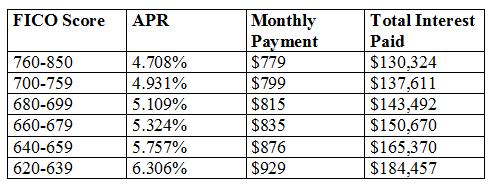The Las Vegas neighborhood you choose can have a big impact on your lifestyle. Safety, available amenities, and convenience all play their part in your decision. So here are six tips to help choose your next Las Vegas neighborhood:
Tip #1: Make a list. Write down all of the activities (health club, church, volunteering, movies) that you engage in regularly as well as the places (school, work, family and friends’ homes) that you visit frequently. See how far you would have to travel from each neighborhood you’re considering in order to take part in your most common activities. Is the neighborhood convenient?
Tip #2: Check out the school district. On our website we have the most up-to-date school information: test scores, class size, percentage of students who attend college, and special enrichment programs. If you have school-age children, also consider paying a visit to schools in the neighborhoods you’re considering. Even if you don’t have children, a house in a good school district will be easier to sell in the future (statistics show that school districts impact home sales).
Tip# 3: Find out if the neighborhood is safe. Ask the local police department for neighborhood crime statistics (or check out the latest Las Vegas crime reports here). Consider not only the number of crimes but also the type – burglaries, armed robberies – and the trend of increasing or decreasing crime. Is crime centered in only one part of the neighborhood, such as near a retail area or more near homes?
Tip #4: Determine if the neighborhood is economically stable. Check with your local city economic development office (or better yet, your Shelter Realty agent) to see if income and property values in the neighborhood are stable or rising. What is the percentage of homes to apartments? Apartments don’t necessarily diminish value, but they do mean a more transient population. Do you see vacant businesses or homes that have been for sale for months? This could mean a declining neighborhood.
Tip #5: See if you’ll make money when it comes time to sell. Ask your Las Vegas real estate agent to get information about price appreciation trends in the Las Vegas neighborhood. Although past performance is no guarantee of future results, this information may give you a sense of how good an investment your home will be. Your Shelter Realty agent can also tell you about planned developments or other future changes in the neighborhood (like a new school or highway) that might affect your new home’s value.
Tip #6: See for yourself. Once you’ve narrowed your focus to two or three neighborhoods, go there and walk around. Take pictures and document what you see. Are homes tidy and well maintained or are they in disrepair? Are streets quiet or busy with traffic? Pick a day (or time of day) that’s comfortable outside where you can walk and talk to neighbors in the area and see if the neighborhood gives a friendly feeling. A picture says a thousand words… but so do the neighbors.
Of course, our job as your Las Vegas real estate agents is to help you answer all of these questions as we work to find the Las Vegas home that is right for you. Why go it alone, when you can have expert help? Call us now at (702) 376-7379 or contact us online. You can also check out the Las Vegas neighborhood homes for sale.


